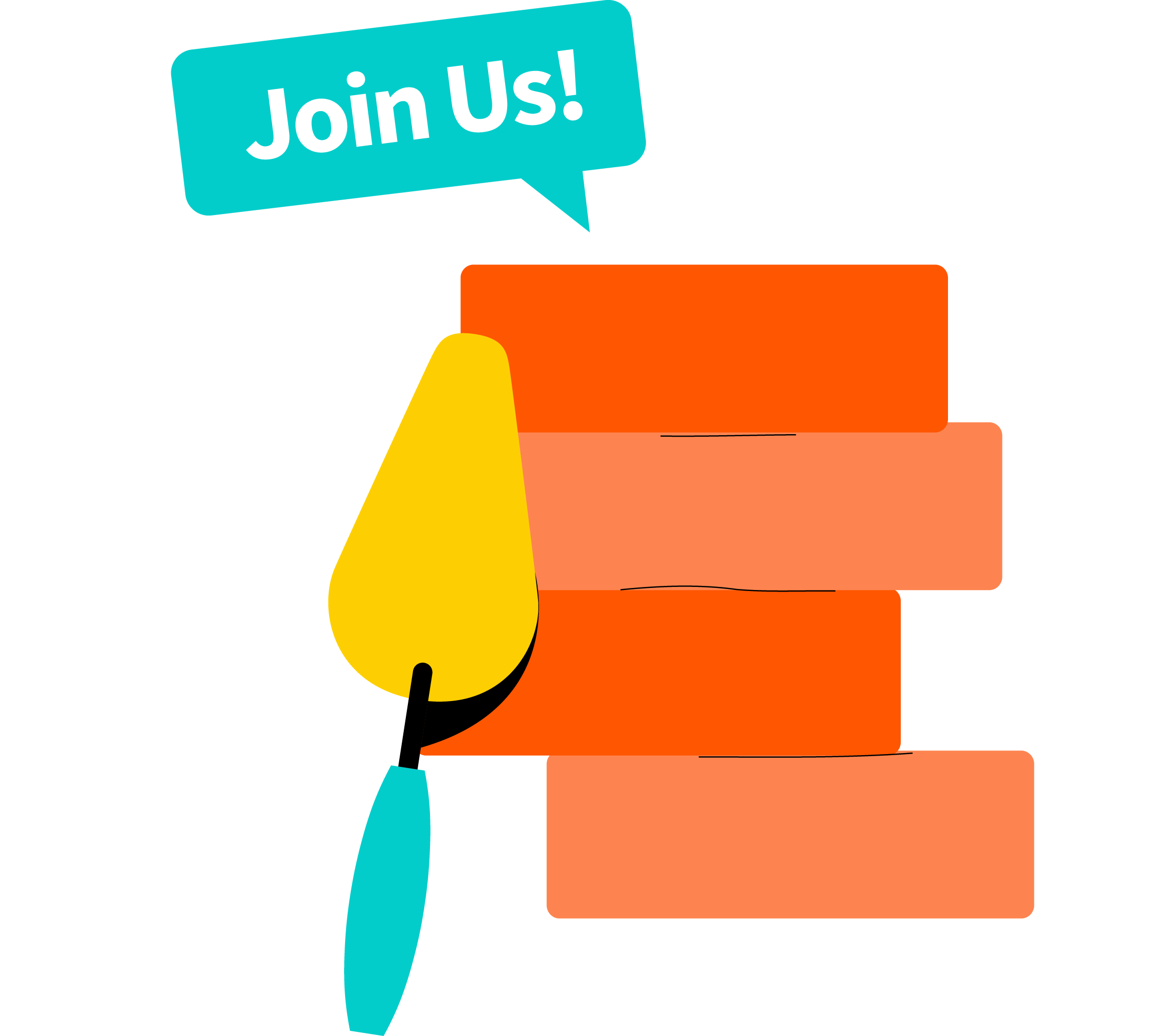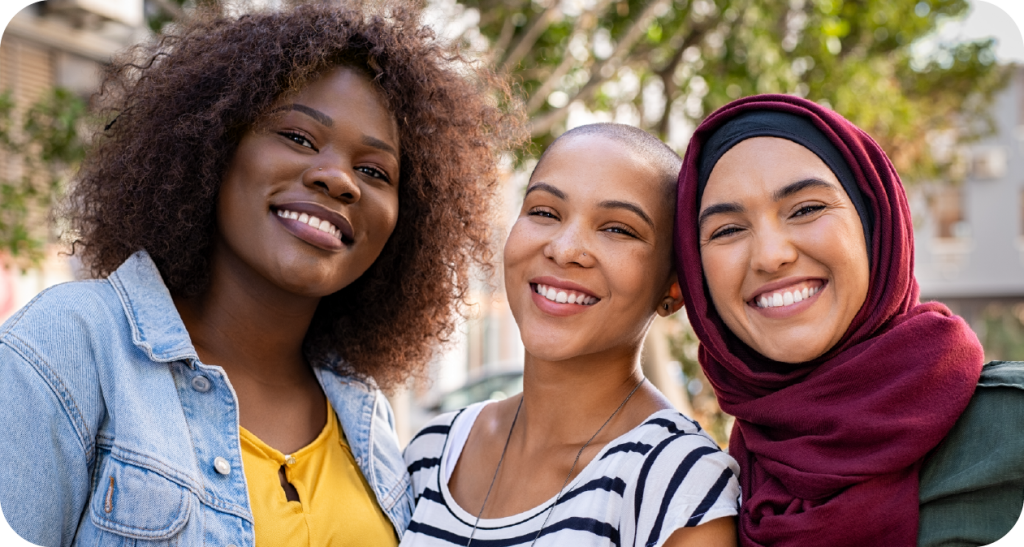Global Nomads uses the power of storytelling to promote empathy and bring social topics to life through day-to-day realities. Participating youth read authentic , impactful stories from youth participants around the world that reveal deep truths about global issues, then enhance the conversation by sharing their own stories with fellow Student to World users. All participants are eligible to participate in moderated live conversations with other youth from around the world.
This course provides youth with unique perspectives required for a career in architecture. Youth examine architecture through the lenses of design, functionality, sustainability, and impact. They learn about the importance of universal design and the role architecture plays in shaping spaces for a wide array of human use. By understanding the significance of built environments, youth envision a world where new structures promote functional accessibility and environmental responsibility. Through considerations of sustainable communities, youth explore ways to contribute to a responsible future through architecture.


